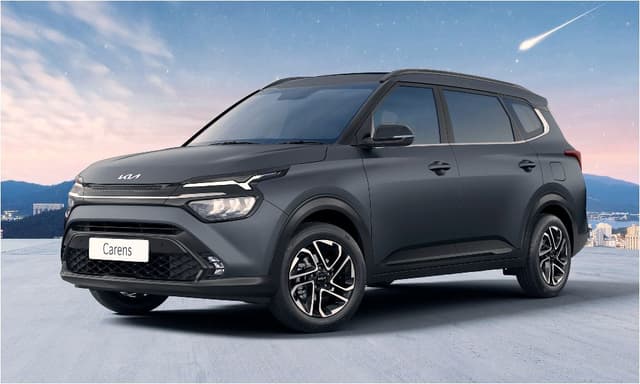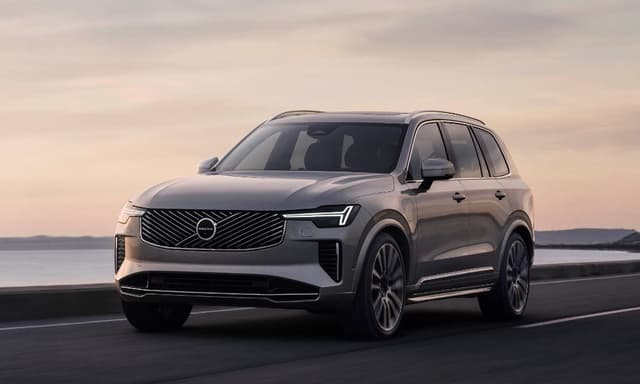Petrol, Diesel or EV: What To Choose While Buying A Car?

Highlights
With a plethora of options available in the auto market, confusion is inevitable when choosing the perfect car for your needs. Today, customers also have the option to buy Electric Vehicles (EVs) along with petrol and diesel-powered cars. Read ahead to know which factors you should consider while making a purchase:

Purchase Cost:
Petrol and Diesel cars are comparatively cheaper than EVs. This is because EVs are technologically advanced vehicles that don't harm the environment. However, in the long run, EVs balance out they have lower maintenance costs. Petrol and diesel cars employ more complex machinery that accumulates waste which needs to be cleaned regularly, along with maintenance of the machinery. EVs are simpler as they are battery operated and generate comparatively lesser waste.
Fuel Cost:
EVs are very cost efficient when it comes to fuel. EVs are powered by electricity which is cheaper than fossil fuels used to power traditional cars. Even in the long run, with increasing price of fossil fuels, the lifecycle cost of fuelling petrol and diesel cars will continue to increase. Petrol cars have the highest lifecycle cost.
Convenience:
Petrol and diesel cars are comparatively more convenient. Petrol and diesel cars come in a huge variety, have readily available fuel stations and a proven performance record. This significantly adds to the convenience factor that is currently unavailable with EVs. As the development of EVs in India is still at a nascent stage there is a lack of variety and charging stations are few and far in between.

Performance:
Petrol and Diesel cars are almost similar in performance; however, diesel cars are prone to more damage overtime. EVs on the other hand don't have enough data to show how well they perform comparatively. Experiments and existing models show that EVs have the potential to perform better than traditional cars, if more technological innovations and a wider network of charging stations are made readily available.

Environmental impact:
EVs have zero carbon emissions and are a futuristic technology. Petrol and diesel cars have significant carbon emissions, depending on the model of the car. Used petrol and diesel cars emit more fumes, especially when they aren't well-maintained, which adds to their environmental impact.
Future prospects:
Companies are continuously working to develop technologies that make EVs more accessible. This is because the environmental impact of vehicles is high and global warming is a global issue. The Indian government also provides subsidies on taking car loans. Hence, buying an EV will also future-proof your purchase.
Thoroughly consider the aforementioned factors before selecting the right car for your needs.














